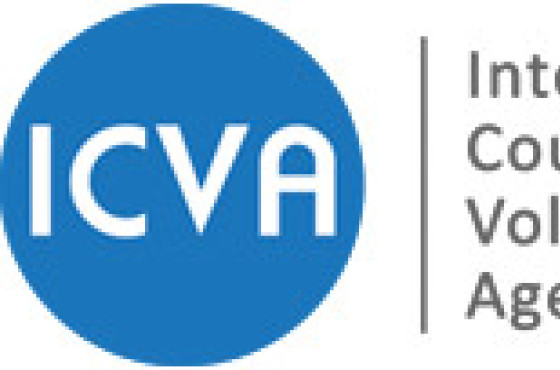ICVA statement on U.S. 90-day suspension orders

Statement from ICVA, a global humanitarian NGO Network, of whom Dóchas is a member
04 Feb 2025
The 90-day suspension of US foreign aid disproportionately affects the world’s most vulnerable communities while hampering the efforts of international and local NGOs working to sustain lives.
Humanitarian agencies are bound by the principles of humanity, impartiality, neutrality and independence. We provide aid to people in need regardless of allegiance or nationality. We also understand that foreign aid has long been a tool of soft power for governments – as it strengthens alliances and promotes stability and prosperity in fragile regions. USAID has been central to saving lives, alleviating suffering, promoting dignity, addressing poverty, health crises, and climate disasters. While some governments leverage aid strategically, humanitarian agencies adhere to core principles. These partnerships ensure that we all rise together by fostering a more peaceful and prosperous world for everyone.
In fiscal terms, U.S. foreign aid has historically accounted for less than 1% of the federal budget but yielded outsized returns.
Even with exceptions for emergency food aid – which must always be accompanied by other essentials like water, sanitation and healthcare to be effective – the 90-day suspension disrupts critical humanitarian assistance with far-reaching consequences for vulnerable populations and communities at-risk of violence and conflict around the world. USAID has been a cornerstone of lifesaving initiatives in famine-stricken regions such as Ethiopia, Somalia, and Sudan, but the funding freeze leaves millions without access to essential services like healthcare, clean water, and shelter.
The decision also has significant implications for NGOs. Many international and local NGOs depend heavily on USAID funding to carry out their work in the most challenging environments. The suspension forces these organisations to scale back or shutter critical operations, leaving vulnerable populations without vital support. For international NGOs, the unpredictability of funding undermines their ability to plan and implement long-term strategies. Local NGOs, often operating on even thinner margins, are disproportionately affected, as they lack the financial reserves to absorb the shock of funding interruptions. In many cases, these local actors are the first responders, embedded within communities and uniquely positioned to address their needs. Without consistent support, their ability to sustain operations and build resilience is critically weakened.
In Sudan, where conflict and economic collapse have driven severe food insecurity, the suspension halts programmes supporting agricultural resilience and nutritional supplementation, compounding an already dire crisis. Similarly, in the Democratic Republic of Congo, where ongoing conflict and displacement have left over 27 million people in urgent need, the suspension threatens the continuity of life-saving interventions addressing, healthcare and protection for displaced communities, pushing the situation closer to catastrophe. Afghanistan, another fragile context, also faces severe repercussions as the funding pause disrupts education programmes, healthcare delivery, and women’s empowerment initiatives, undermining long-term recovery and stability.
Humanitarians recognise the importance of improving the efficiency, integration, and localisation of assistance. However, suspending aid as a means to achieve these goals risks undermining any progress that has been made. Addressing structural inequalities and systemic barriers in vulnerable nations requires sustained investment and long-term partnerships, not abrupt disruptions. While exceptions for emergency food aid provide critical short-term relief, they fall short of addressing the broader, interconnected needs of communities—such as access to clean water, sanitation, and education—that are essential for recovery and resilience. True reform must build on existing progress rather than reversing it, ensuring vulnerable populations remain supported during the transition.
This aid freeze, and potential longer-term cuts to critically needed programmes, risks eroding strategic partnerships and undermining the soft power that has long been a cornerstone of U.S. global aid. Such actions could weaken the United States’ influence and credibility, contributing to a more unstable and fragmented world.
The 90-day suspension of USAID funding is not just a retreat from global responsibility; it undermines the ability of NGOs to save lives.
Jamie Munn, ICVA Executive Director